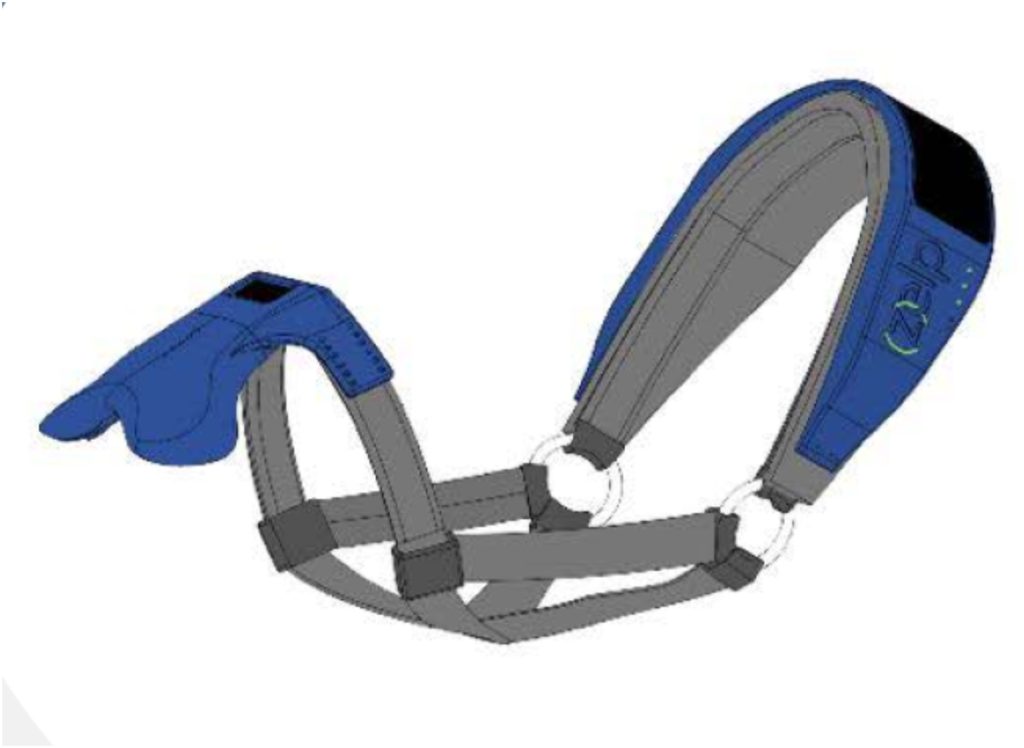Enteric methane is a natural by-product of cattle digesting feed, which is then released from the mouth and nose. Using smart technology, ZELP says it developed a cattle wearable device that neutralises part of this methane as it is exhaled.
Cargill will be the exclusive distributor of the novel device for the European dairy market, the two firms agreed. Commenting on the masks, Delphine Melchior, sustainability and quality sector director for Cargill’s aqua and animal nutrition business, said: “Farmers and agribusiness are looking for ways to drive methane mitigation and change for our planet, while meeting the challenge of feeding a growing population. “By partnering with ZELP, we are in a unique position to help significantly reduce the greenhouse gas emissions associated with livestock production.”As much as 95% of an animal’s methane emissions come from its mouth and nostrils. The ZELP technology, which attaches to regular halters, captures and oxidizes those emissions, the company says.
Francisco Norris, CEO and co-founder of ZELP, explained how the masks work, stating: “We are combining data processing with unique catalytic technology to reduce methane emissions and improve animal welfare."We continue improving the efficiency of our technology, which has already demonstrated a 53% reduction potential."We’ve also evaluated the wearable’s effect on animal behaviour and found no impact on production yields, rumination, rest and activity periods, and feed intake,” Norris added. Beyond its environmental benefits, the ZELP wearable device is claimed to "drive animal welfare" by giving dairy farmers new insights into the health and performance of their livestock. The technology apparently captures a range of behavioural and physiological data, in addition to monitoring animals’ breath and methane emissions.

Following their completion, the companies expect to launch the ZELP wearable in the second half of 2022.
In relation to its broader sustainability strategy, Cargill says it deploys a holistic approach to methane mitigation with a focus on three areas: best farm management practices; improved animal productivity through feed and nutrition; and additives. In North America, the company also launched its BefUp sustainability initiative which aims to achieve a 30% greenhouse gas (GHG) intensity reduction across its North American beef supply chain by 2030.
